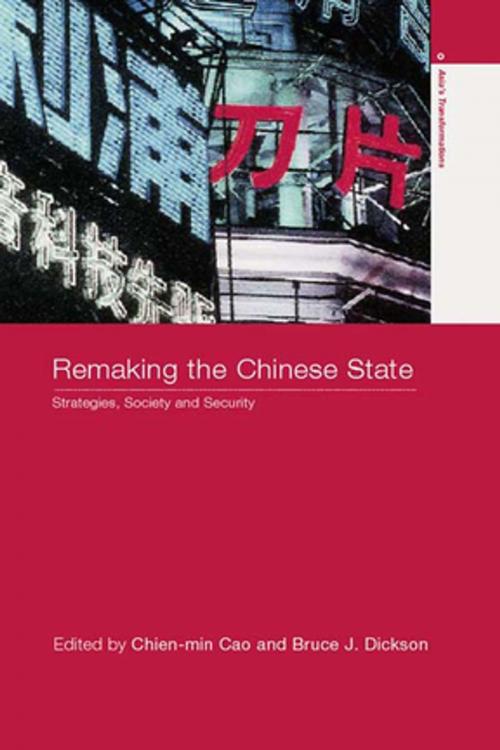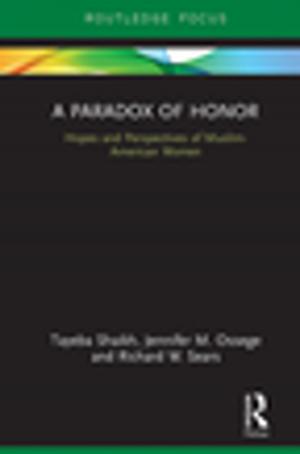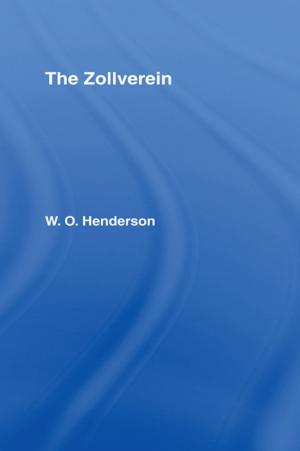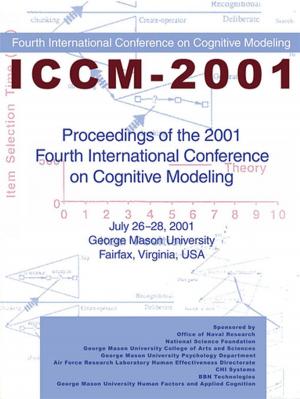Remaking the Chinese State
Strategies, Society, and Security
Nonfiction, Social & Cultural Studies, Social Science, Cultural Studies, Ethnic Studies, Political Science| Author: | ISBN: | 9781134509911 | |
| Publisher: | Taylor and Francis | Publication: | September 2, 2003 |
| Imprint: | Routledge | Language: | English |
| Author: | |
| ISBN: | 9781134509911 |
| Publisher: | Taylor and Francis |
| Publication: | September 2, 2003 |
| Imprint: | Routledge |
| Language: | English |
After more than twenty years of economic and political reform, China is a vastly different country to that left by Mao. Almost all the characteristic policies and practices of the Maoist era have been abandoned, with the goals of revolution in foreign and domestic policy being replaced by an emphasis on economic modernization, accompanied by radical social transformation and an increasingly significant international role. Yet, despite these dramatic changes other fundamental features of China's policy remain unchanged.
This book explores the strategies of reform in China and their implications for its domestic and foreign policies. It challenges the misconceptions that no political reforms are taking place and that China is eagerly embracing capitalism. It also challenges the view that China does not abide by international norms and practices on military and security matters. Its contributors, all highly respected scholars, avoid simple generalisations about the nature of China's politics or future path, instead offering comparisons and contrasts between policy areas and regions to create a more complete picture of this complex country.
After more than twenty years of economic and political reform, China is a vastly different country to that left by Mao. Almost all the characteristic policies and practices of the Maoist era have been abandoned, with the goals of revolution in foreign and domestic policy being replaced by an emphasis on economic modernization, accompanied by radical social transformation and an increasingly significant international role. Yet, despite these dramatic changes other fundamental features of China's policy remain unchanged.
This book explores the strategies of reform in China and their implications for its domestic and foreign policies. It challenges the misconceptions that no political reforms are taking place and that China is eagerly embracing capitalism. It also challenges the view that China does not abide by international norms and practices on military and security matters. Its contributors, all highly respected scholars, avoid simple generalisations about the nature of China's politics or future path, instead offering comparisons and contrasts between policy areas and regions to create a more complete picture of this complex country.















